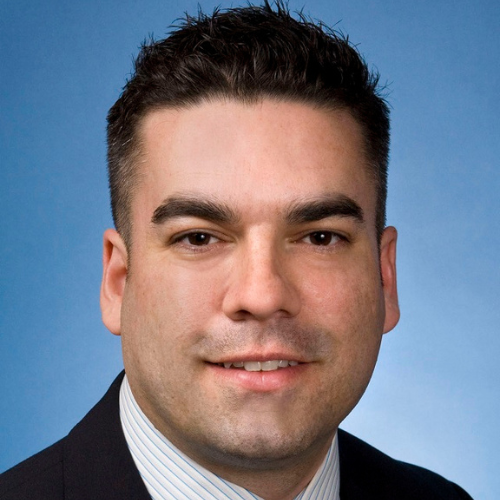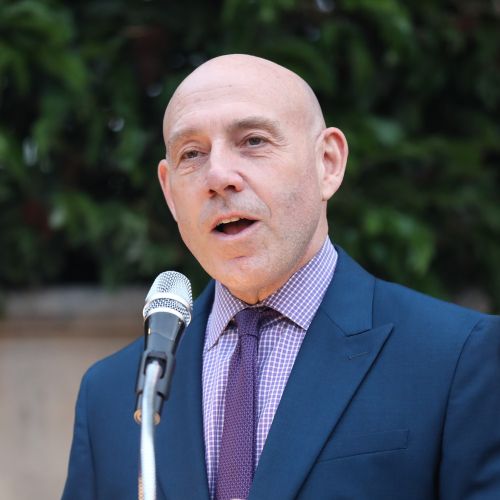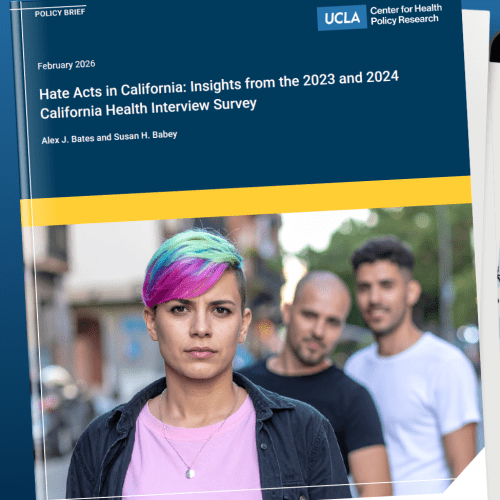Health coverage for nearly one million Californians will be affected by Medi-Cal expansion and federal subsidies extension
Two UC studies, co-authored by Dr. Gerald Kominski & Dr. Dylan Roby, examine the proposed extension of Medi-Cal to all low-income adults.

New research released today by the UC Berkeley Labor Center and the UCLA Fielding School of Public Health's UCLA Center for Health Policy Research examines policy decisions that will affect health coverage for nearly one million Californians. Using the California Simulation of Insurance Markets (CalSIM) microsimulation model developed by the centers, the two reports project how the expansion of Medi-Cal eligibility to all low-income adults regardless of immigration status and the discontinuation of enhanced federal subsidies in Covered California would impact Californians.
“California is poised to build upon its historic gains in health insurance coverage under the Affordable Care Act (ACA) with the proposed Medi-Cal expansion to cover all undocumented low-income residents. This policy decision would mark the largest single coverage expansion since the implementation of the ACA,” said Miranda Dietz, lead author of the publications and CalSIM project director at the UC Berkeley Labor Center. “But our state's progress is also at risk. Without an extension of enhanced federal subsidies under the American Rescue Plan, hundreds of thousands of Californians will lose coverage and premiums will be more expensive in the individual market.”
In the report California’s biggest coverage expansion since the ACA: Extending Medi-Cal to all low-income adults, the authors - including Dr. Gerald Kominski and Dr. Dylan Roby, both with the UCLA Fielding School of Public Health - examine the proposal to expand Medi-Cal to all low-income residents ages 26 to 49 regardless of immigration status. Key findings from this report include:
- The policy to expand Medi-Cal to all low-income residents regardless of immigration status would mark the largest single coverage expansion in the state since the implementation of the Affordable Care Act;
- Nearly 700,000 more Californians would be insured under this expansion, narrowing the uninsured rate for all Californians (9.2% to 7.1%), especially Latinos (15.0% to 10.4%) and undocumented Californians (58.4% to 27.8%);
- 2.3 million Californians under age 65 (7.1%) would be uninsured by 2024, with this Medi-Cal expansion and if enhanced federal subsidies for Covered California, made possible by the American Rescue Plan (ARP) Act, are also extended.
Starting in 2014, the ACA expanded access to affordable coverage for most Californians, but undocumented residents nationwide were excluded from these gains. California policymakers expanded access to comprehensive Medi-Cal first to low-income undocumented children under age 19 in 2016 and then to young adults under age 26 in 2020. Starting in May 2022, undocumented low-income adults age 50 and over will be eligible for comprehensive Medi-Cal coverage. In the state budget released in January 2022, Governor Gavin Newsom proposed expanding coverage to low-income undocumented residents age 26 to 49, which would complete the state expansion of Medi-Cal eligibility to all low-income residents regardless of immigration status.
The companion report, The threat to coverage and affordability gains in Covered California if Congress fails to renew subsidy enhancements, and also co-authored by Komisnki and Roby, researchers examined the impact on individual market enrollees in Covered California if enhanced subsidies enacted under the ARP of 2021 are not renewed for 2023 and beyond. Key findings from this report include:
- If ARP subsidies are not extended, an estimated 220,000 fewer Californians will have individual market insurance in 2023;
- Premiums will be less affordable for more than two million individual market enrollees.
Since the enactment of the ACA in 2010, California has reduced the number of uninsured from 6.5 million in 2011 to a projected 3.0 million in 2023. In response to the COVID-19 pandemic, Congress included in the ARP provisions for additional temporary financial help for buying health insurance through the ACA marketplaces. This support substantially improved affordability and increased enrollment in Covered California. According to estimates from Covered California, the ARP subsidies reduce premiums by 20% on average for enrollees.
“With California’s strong implementation of the ACA and the federal provision of enhanced premium subsidies through 2022, enrollment in Covered California has grown to record levels and premiums for subsidized enrollees are more affordable than ever,” said Dr. Srikanth Kadiyala, senior economist at the UCLA Center for Health Policy and co-author of the reports. “But Congress or the state will need to act to protect the gains we’ve made in coverage and affordability in Covered California.”
by Tiffany Lopes
The UCLA Fielding School of Public Health, founded in 1961, is dedicated to enhancing the public's health by conducting innovative research, training future leaders and health professionals from diverse backgrounds, translating research into policy and practice, and serving our local communities and the communities of the nation and the world. The school has 761 students from 26 nations engaged in carrying out the vision of building healthy futures in greater Los Angeles, California, the nation and the world.
Faculty Referenced by this Article

Dr. Michelle S. Keller is a health services researcher whose research focuses on the use and prescribing of high-risk medications.

Professor of Community Health Sciences & Health Policy and Management, and Associate Dean for Research

Dr. Ron Andersen is the Wasserman Professor Emeritus in the UCLA Departments of Health Policy and Management.

EMPH Academic Program Director with expertise in healthcare marketing, finance, and reproductive health policy, teaching in the EMPH, MPH, MHA program
Nationally recognized health services researcher and sociomedical scientist with 25+ years' experience in effectiveness and implementation research.











































































